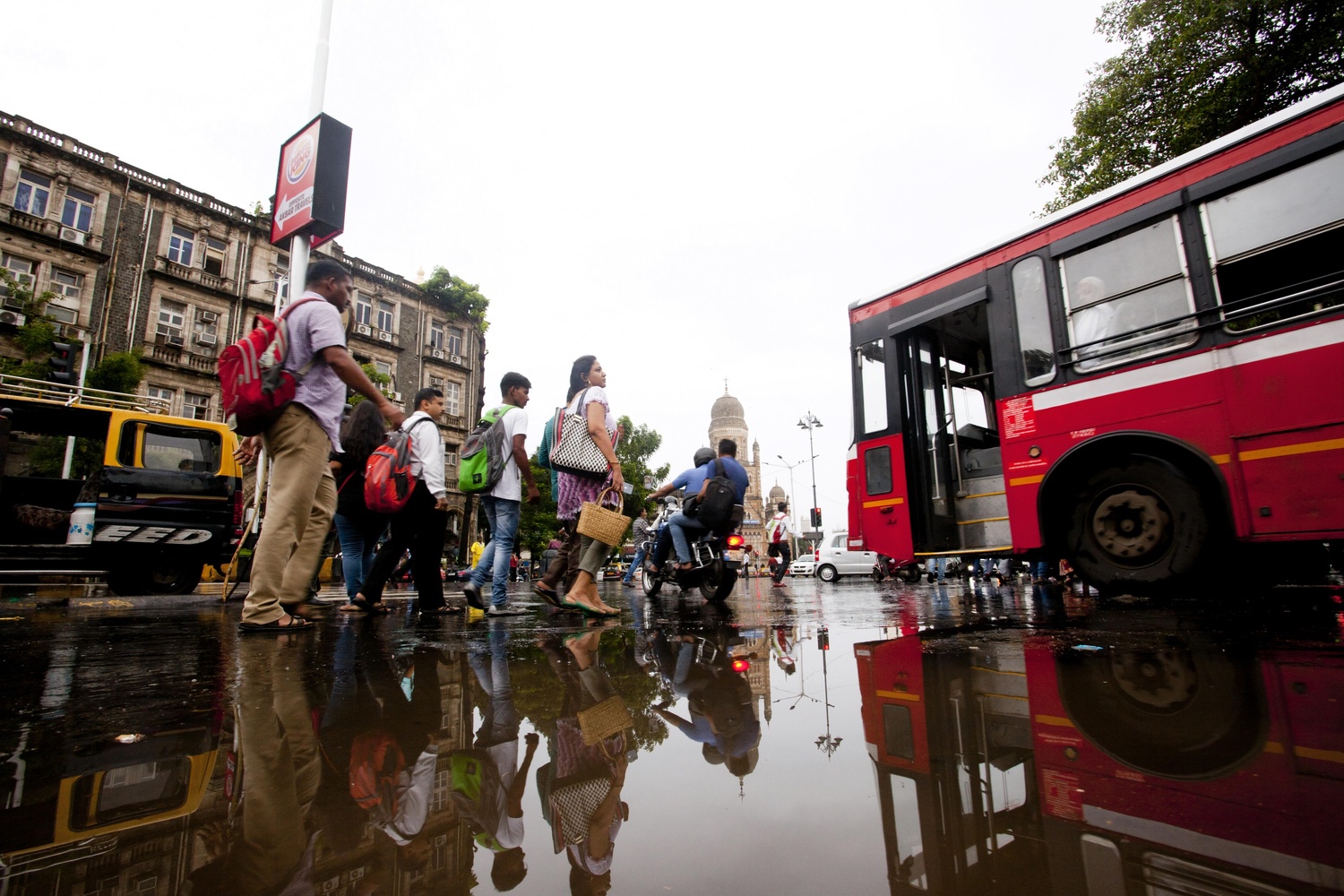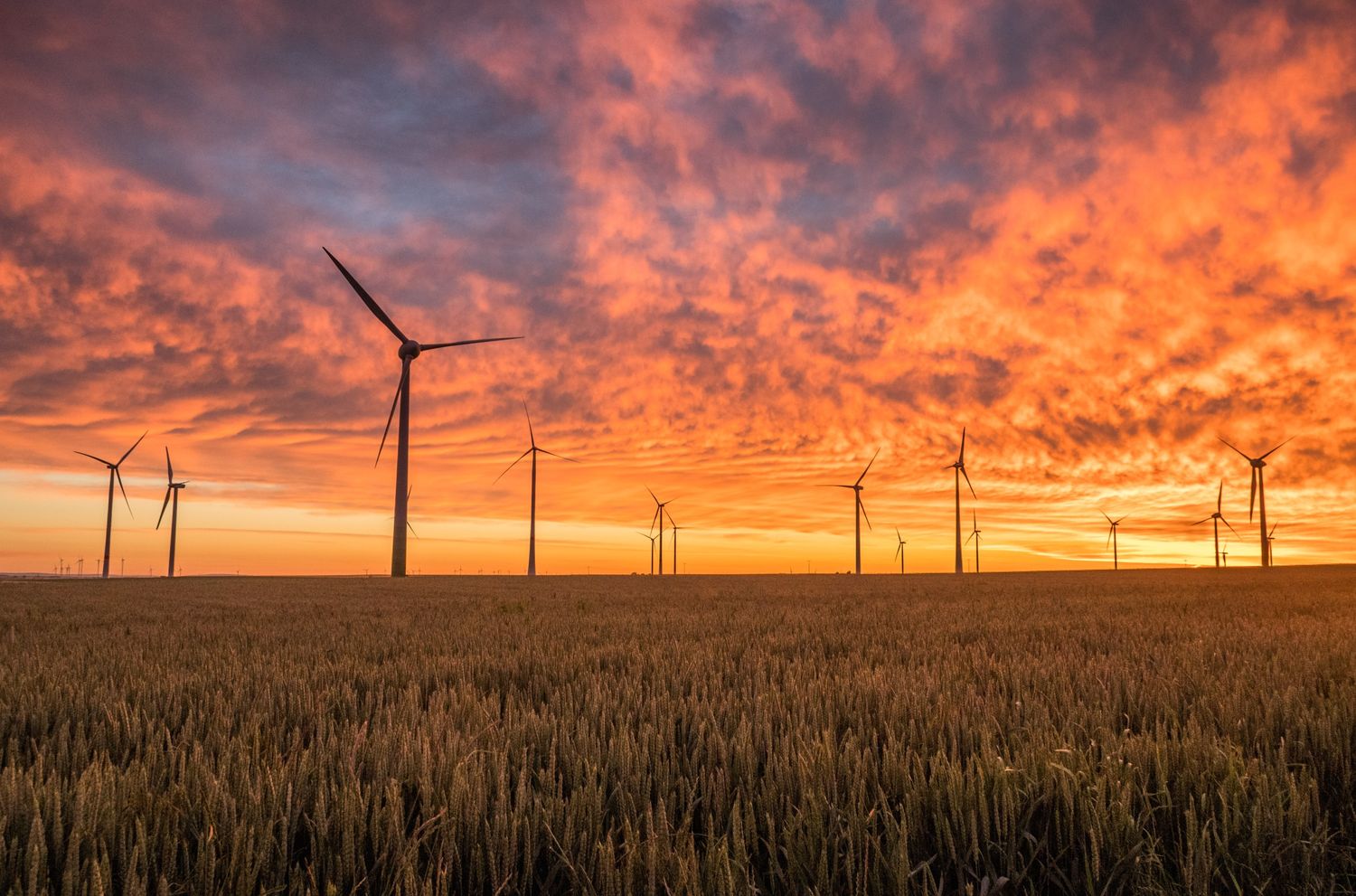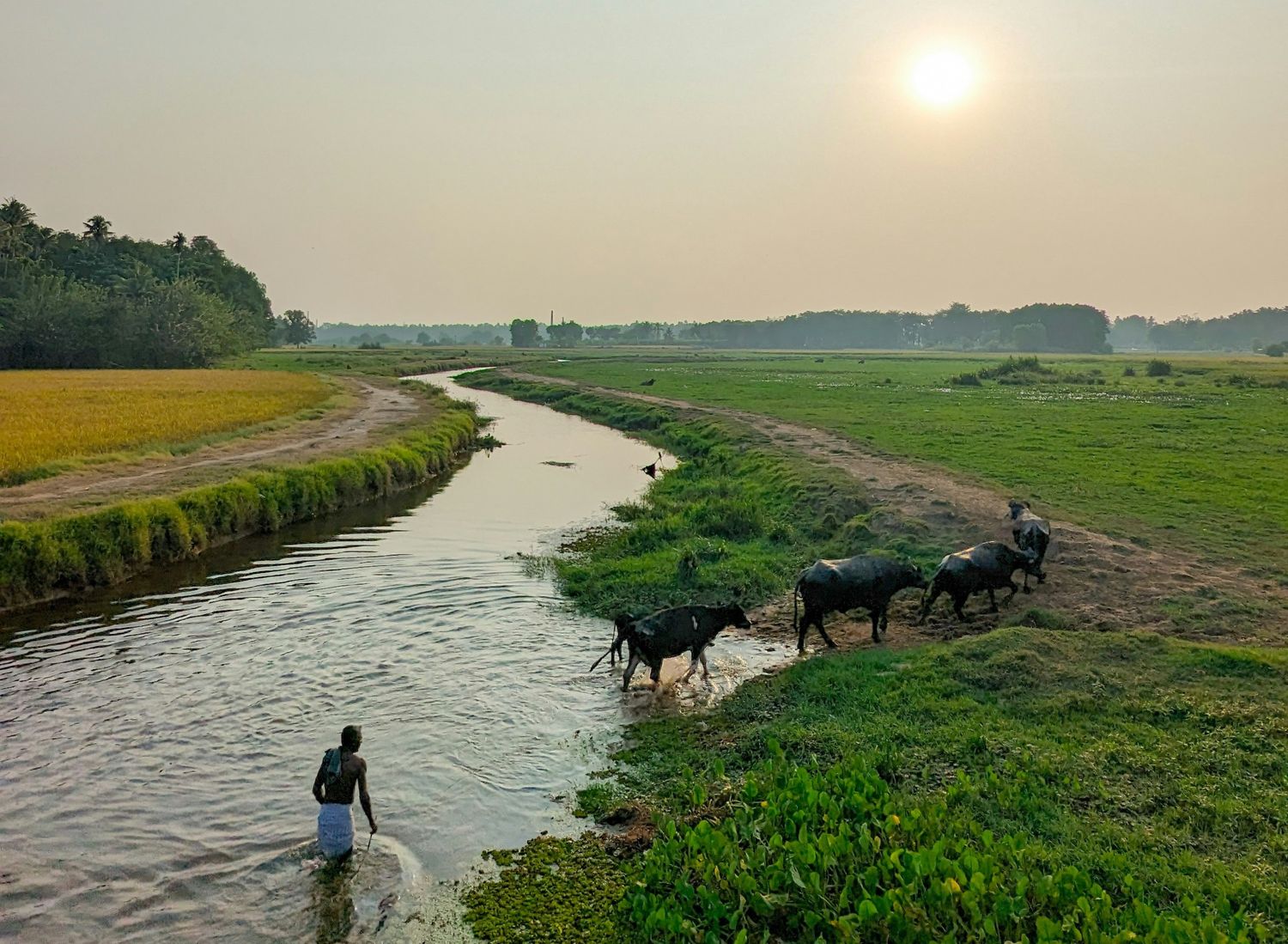Connect Karo 2024: Transformative Urbanization and Green Development
With its goal to become a developed economy by 2047 and its population of 1.4 billion, India stands at the verge of enormous economic opportunity. The next two decades will see India build nearly 70% of the urban infrastructure needed by 2047. However, this growth will happen in the imminent context of intensifying climate change impacts. Already, India is the seventh-most vulnerable country to climate change. A disproportionate amount of this burden is borne by vulnerable communities. As India reaches for its development objectives, climate change impacts must be a part of every conversation.
Models of green development and transitions towards a greener economy must consider the agriculture sector, industries and the marginal landholders and workers who comprise them. The way we live, move, play, eat and use resources could determine the future of India and the quality of life for all Indians. A common thread across these challenges is the tendency to see, and tackle, these challenges in isolation. There is a need to bridge the gaps, across sectors, stakeholders, decision-makers and researchers, to enable positive, collaborative and systemic shifts for sustainable and inclusive growth.
WRI India’s upcoming annual flagship event, Connect Karo, will convene Indian and global leaders, peer organizations and stakeholders, to bring to the fore critical conversations on energy systems, cities, food loss and waste, and water and climate resilience. The two-day event, under the overarching theme of ‘For People, Nature and Climate’ will host expert panel discussions, interactive workshops, keynote speeches from renowned speakers, fireside chats and the launch of various initiatives and publications.
CONNECTED PUBLIC SPACES
Indian cities must employ effective planning to manage urban expansion strategically. This necessitates the development of sustainable public transport systems and healthy, accessible public spaces. Connect Karo 2024 will feature sessions on co-developing public spaces that take into consideration the needs of adolescents, young children and their caregivers. Experts will also discuss how to decarbonize cities by planning metro expansion strategically and deep dive into the highly successful Nurturing Neighbourhoods Challenge that applies a unique child-friendly lens to city planning. The session ‘Locally led Nature-based Solutions for Riverine Ecosystems,’ will look at ecosystem-based adaption and urban river restoration that addresses the current concept of ‘river front development and beautification’ that often alters natural courses, and impacts biodiversity and vulnerable communities who live off and by the river.

INTEGRATED AND ELECTRIC MOBILITY
Buses form the backbone of India’s mobility system, with one in 10 Indians using buses for their daily commute. Inadequate public transport services, coupled with severe traffic congestion, can hamper access to labor markets and workforce productivity. This year’s Connect Karo features sessions exploring how digital public infrastructure (DPI) can help transform mobility in our cities by improving service delivery and overall commuter experience. The event will also feature a mobility dashboard, that captures urban mobility patterns and helps users understand the potential benefits of public transport by showcasing the reduction it can cause in their city’s carbon emissions. In a roundtable discussion experts will look at how policy-regulatory frameworks can be integrated to enable job growth near mass transit to address this challenge.
CLEAN ENERGY TRANSITION
India's economic growth is driving a rapid increase in energy demand and the country is shifting its energy basket towards cleaner sources. This transition faces challenges but also offers significant growth opportunities. Sessions at Connect Karo will discuss the findings on affordable financing for Productive Use of Renewable Energy (PURE). PURE can play a significant role in providing equitable and reliable access to energy, while reducing carbon emissions. A second panel will focus on the implementation of sustainable cooling solutions to combat increasing heat stress at the state and local levels. While decarbonizing industries is crucial, heavy industries and Micro, Small and Medium Enterprises (MSMEs) pose a critical challenge. Approaches to reducing industrial carbon emissions and discussions on just transitions will also be one of our focus points at Connect Karo in a panel discussion under this theme.

URBAN WATER RESILIENCE
The ‘Thriving Eco City-Regions’ initiative aims to support the transition of urban areas to green, inclusive and resilient city-regions for all. WRI India is launching the 'Thriving Eco City-Regions Forum,’ to disseminate ongoing work across six city regions – Delhi, Punjab, Uttar Pradesh, Jammu & Kashmir, Bodoland and Tamil Nadu – and to strengthen collaboration among different stakeholders.
Despite substantial government investments aimed at improving water resilience and security, cities continue to struggle with access to clean water and sanitation services. This is further exacerbated by climate change. The Australia India Water Security Initiative Community Development Project (AIWASI CDP), led by WRI India and consortium partners, is working to enable water sensitive urban design in two neighborhoods of Delhi – Bakkarwala and Mubarakpur Dabas. The session, ‘Transitioning Towards Water Sensitive Indian Cities,’ will focus on learnings from the ongoing AIWASI CDP work.
CLIMATE AND CLEAN AIR ACTION
Realizing India’s climate commitments requires effective decarbonization strategies across the power and transport sectors. ‘Sectoral Decarbonization Pathways for Achieving India's Long-Term Climate Targets,’ will highlight WRI India’s sectoral analysis using the India Energy Policy Simulator, with the launch of two working papers.
‘Future-Proofing India’s Workforce: Green Skilling for a Just and Inclusive Low-Carbon Transition,’ will discuss what skilling, workforce preparation and the roles of different stakeholders look like for an inclusive and just transition in India. The gender gap in MSMEs will take centre stage in ‘Enhancing Women’s Workforce Participation in Greener MSME Jobs,’ as experts explore opportunities for increasing women’s participation in green jobs through an interactive solution-room format.
Sessions under this theme will focus on financing for subnational climate strategies and air quality management in cities. They will also look at how WRI India’s support to cities in Maharashtra in developing and implementing their climate action plans, is now being scaled to 43 cities in the state. The construction sector’s impact on air quality will also be discussed with the launch of the ‘India Alliance for Clean Construction,’ which brings together builders, developers, government bodies, engineers and solution vendors.

SUSTAINABLE FOOD AND LAND USE SYSTEMS
Transitioning to sustainable food and land-use systems is critical, as it creates social and economic opportunities while protecting and restoring our natural ecosystems. A plenary session will explore strategies, financing opportunities and innovative models for enabling sustainable and resilient food and land use systems in India. Food loss and food waste lead to high economic losses, poor access to food and nutrition security, and a significant environmental footprint owing to greenhouse gas emissions and increased stress on land and water resources. A session featuring new research will look at postharvest losses in the tomato supply chain, followed by a high-level panel discussion. A fireside chat with city representatives on tackling India’s food waste will explore innovative strategies and models of citizen engagement. Connect Karo will also look at how barriers on financing, capacity-building and enabling collective action for a land restoration economy can be overcome.
Transitioning to greener and cleaner systems is imperative for India’s climate and sustainable development goals. Whether it’s changing commuting habits, reimagining neighborhoods, enabling inclusive public transport and clean energy access, managing air quality, enabling sustainable food and land use systems, or ensuring climate resilience for cities, small industries, workers and farmers, our approach must take into consideration, people, nature, and climate. Connect Karo 2024 endeavors to encourage dialogue and bridge these gaps by enabling collaboration and knowledge sharing across stakeholders.
Know more about WRI India’s annual flagship event Connect Karo 2024 on www.connectkaro.org
With inputs from Arundhati Sen, Ankita Rajeshwari, Hammad Zubair, Steffi Olickal, Shivani Shah, Shweta Prajapati.
All views expressed by the authors are personal.
